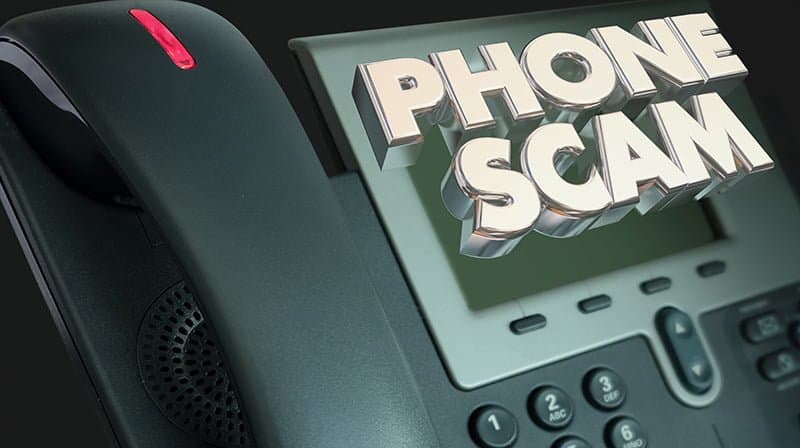First Orion, provider of data and phone call transparency solutions, today announced the results of a new study* that shows scammers are using new tactics like neighbor spoofing to take advantage of consumers as the holiday season approaches.
With over 2.4 billion phone calls made each month, scammers are using increasingly clever ways to penetrate carrier networks and reach their victims. To better understand the kinds of calls that continue to bombard consumers, First Orion surveyed 1,000 mobile phone users from the United States and found that this upcoming holiday season, scammers are getting more aggressive in the volume of calls and through the use of new spoofing techniques.
Nearly 85 percent of respondents have received a call they believed to be a scam, up from 73 percent in the same 2016 study. Almost half of those surveyed said scammers are increasingly using a familiar – if not their same – area code and prefix, which is a method known as neighbor spoofing, used by scammers to deliberately falsify the information on caller ID displays and disguise their identities. Neighbor spoofing calls are up 400 percent from last year and now account for 4 percent of all mobile traffic, according to First Orion’s detection systems.
More than half (52 percent) of all unknown incoming calls that match the first 6 digits of your mobile number is neighbor spoof calls, according to First Orion’s internal data. Scammers are predominately targeting consumers on Wednesdays and Thursdays at 3:00-6:00 pm ET. We are least likely to get a scam call on Sunday.
We are particularly susceptible to scammers during the holidays. Over 40 percent of those surveyed feel they are more willing to donate around the holidays. The approaching holiday season, unfortunately, marks an opportune time for scammers to capitalize on people’s generosity given recent natural disasters. The FCC is warning people about scammers posing as charity representatives seeking donations for disaster relief and fraudsters using caller ID spoofing to target disaster victims with insurance scam calls.
This year, over 58 percent of respondents said they would be willing to pay a monthly fee for a service that would identify callers and block nuisance and fraudulent calls, which is a 7x increase from 2016.
“Our mobile phones are becoming a primary target for scammers as they continue to get more sophisticated,” said Scott Ballantyne, Chief Marketing Officer of First Orion. “With many online services requiring mobile phone numbers, we are all becoming more vulnerable to our numbers ending up in the wrong hands. First Orion, our call transparency technology analyzes billions of events in real-time to quickly identify and stop scammers in their tracks.”
Other interesting facts include:
- Nearly 60 percent of respondents have received a scam call in the past month
- Cruise and vacation scams were ranked the most common scam call with 57 percent of people have received one, followed by IRS (40 percent) and imposter scams (27 percent)
- Over 80 percent of those surveyed would be more inclined to change from their current cell phone carrier if it meant telemarketers and scammers could be blocked/identified compared to just 66 percent of those in 2016
- Close to a quarter of those surveyed would leave their current carrier to one that blocked or identified incoming telemarketing and fraudulent calls
- Almost 9 in 10 people feel it is important to know why a number is calling
- Weekends are the lowest activity time for scammers, then it ramps up throughout the week
In addition to providing PrivacyStar applications for Android and iOS users, First Orion offers FONES for carriers and service providers to deliver the highest level of confidence and flexibility in protecting subscribers from scams and other unwanted calls. FONES enables carriers to easily and seamlessly deploy settings to protect all customers from identified malicious callers, such as known scammers that use robocalling.
Source PR Newswire





